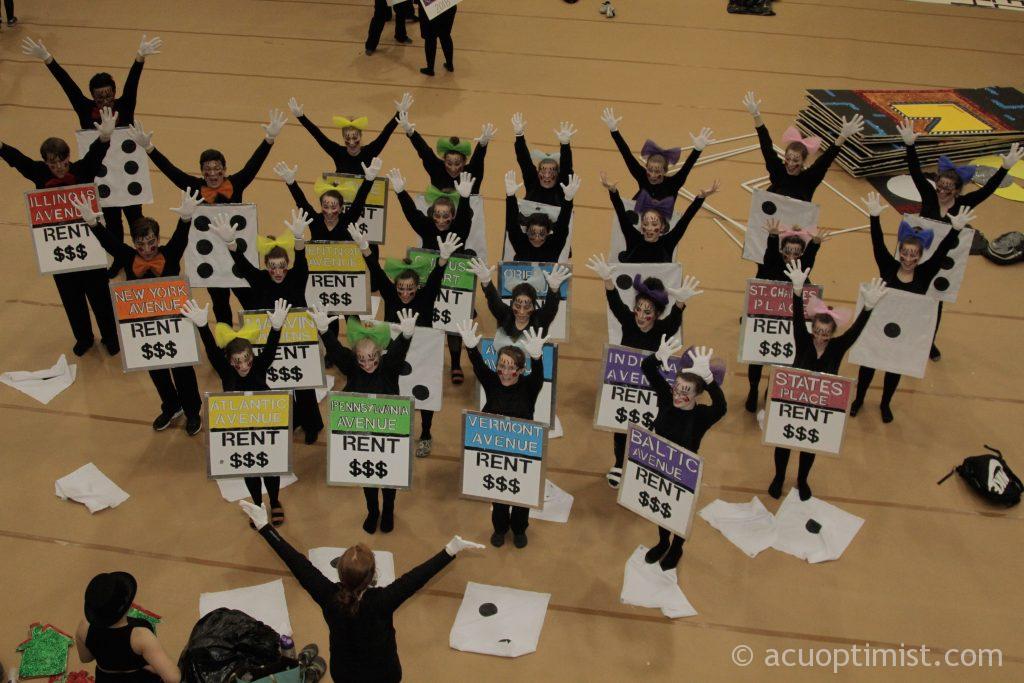Sing Song scoring was updated this year to ensure judging is fair and relevant.
Nick Tatum, assistant director of student productions, said every few years the judging sheets are reconsidered. This year, with the help of the upstage co-chairs, he decided to make major changes based on his familiarity with the criteria.
For the past 10 or so years, there have been four categories: entertainment, originality, vocals and appearance. Despite choreography lacking a category of its own, it was intertwined into parts of each.
Because choreography is a huge part of Sing Song, Tatum said it was one concern driving the new changes. The other included the ambiguity and nature of the originality category. Prior to the changes, Tatum said it didn’t truly judge what was original, but how well the theme was executed and how creative the act was.
The changes to each category include:
Vocals: Before the changes, the scoring wasn’t based on how an act sounded, but this year, the guidelines are more specific, making it less about the songs and lyrics chosen, and more about how the act sounds. Acts will be judged on tuning, musicality, diction, tempo and tone. Vocals are worth 35 percent of the total score. In addition, song selection and lyrics are now in the entertainment category.
Entertainment: In the last scoring sheet, it included some score based on audience interaction. Tatum said this was unfair to groups who go earlier or have less alumni. Now the category includes how clever and how funny the act is and whether or not the songs are catchy and memorable. Entertainment is worth 20 percent of the total score.
Appearance: This year, Tatum and the upstage co-chairs removed choreography from the appearance category and geared it more toward the appeal of the act’s set and costumes. Set and props, costumes, recognizability and creativity make up the appearance category. Appearance is also worth 20 percent of the total score.
Choreography: Scoring will now be based on how creative, how clean and how together the act is. Choreography is worth 15 percent of the total score.
The last 10 percent of the overall score is derived from deadlines.
“Now the categories really represent what they’re supposed to,” Tatum said. “I think they’re much fairer and more even and more straightforward. Another thing we added is some more explanations about items, a lot are directed toward size. No more judging size, but rather judging content.”
Ko Jo Kai sing song director, Kayla Torp, a senior vocal performance major from Waco said she was a fan of the new scoring changes. Torp has directed the Ko Jo Kai act for two years in a row.
“In my opinion, it is much more clear and fair on what should win,” Torp said. “Vocals now have a clear definition of what sound they are looking for. That makes it much more attainable.”
She also said she agreed that originality shouldn’t be part of the scoring.
“I don’t think anyone really knew what made an act more ‘original’ than others so it seemed a little pointless in the scoring,” Torp said.
Torp said she focused on making the show fit the “top score” section of the scoring sheet the judges will receive.
“I made sure I knew exactly what they would be judging us on and did my best to create what the judges want while still staying true to myself and Kojies as a whole,” Torp said.

